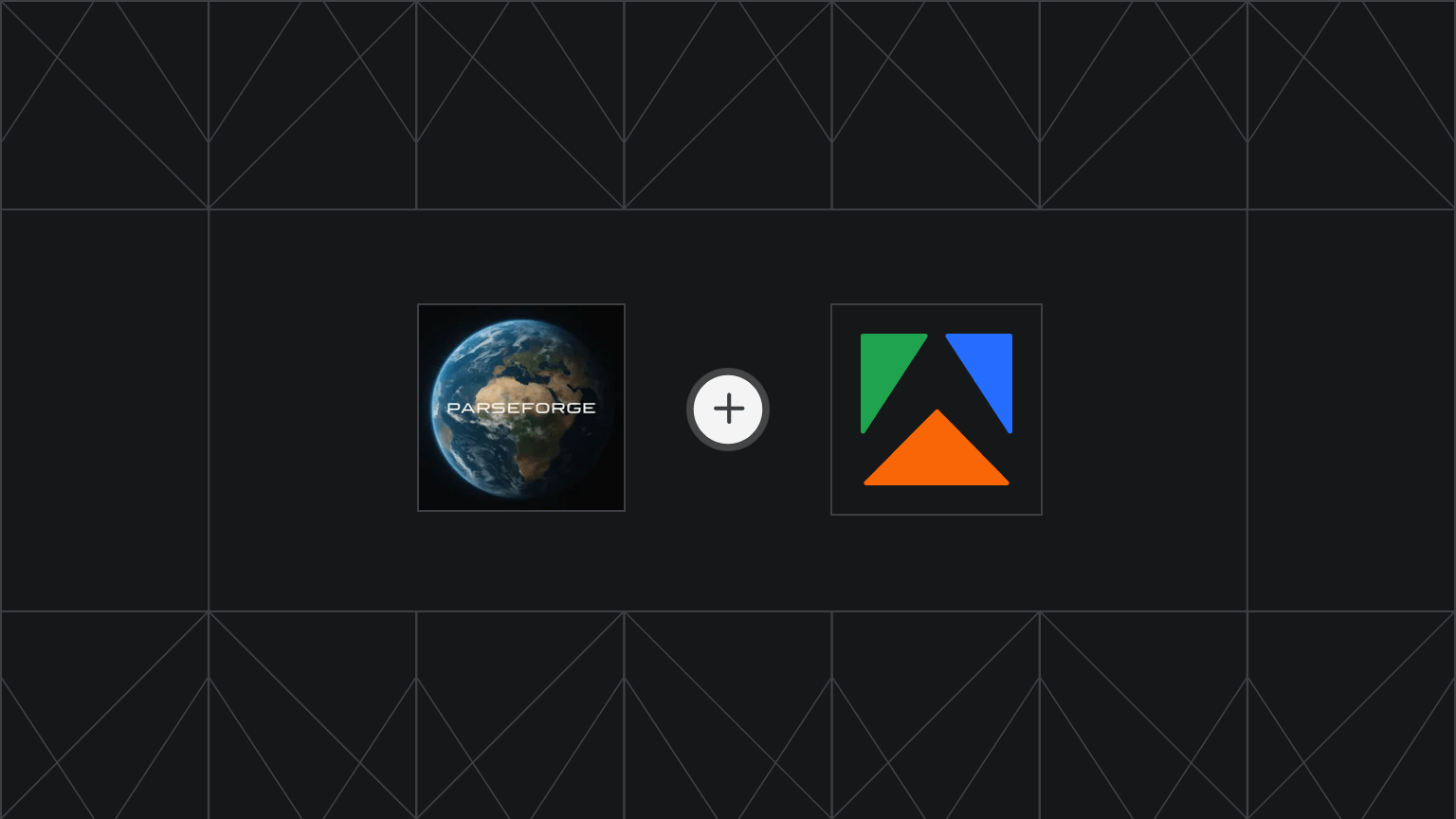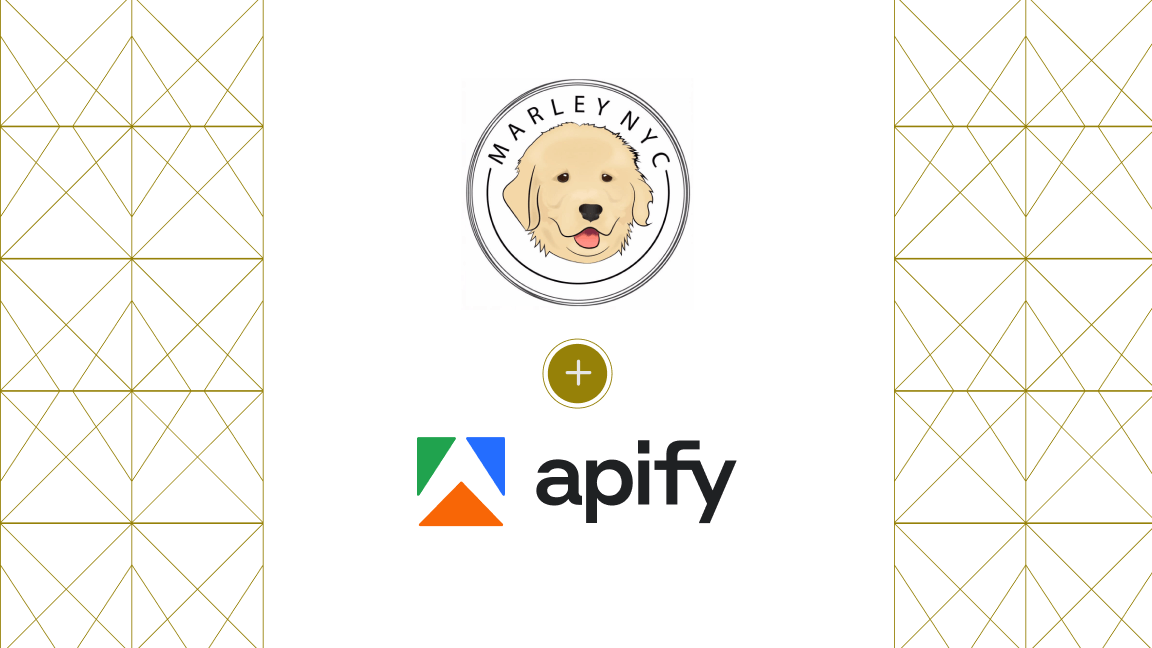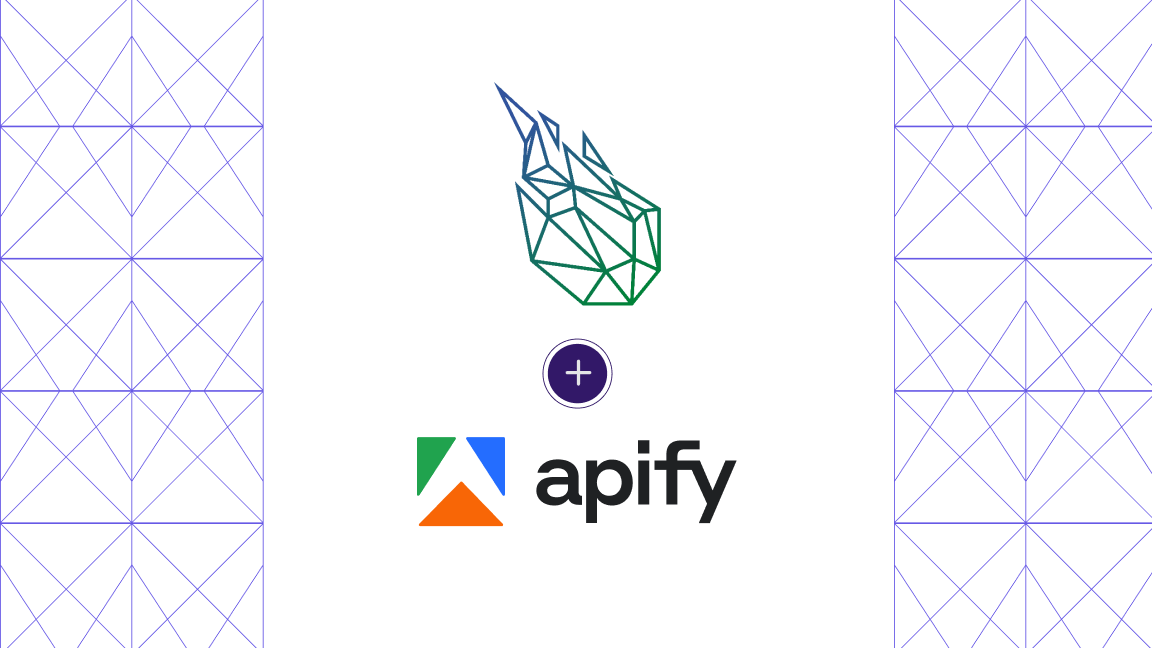Eric Lovgren is a veteran consultant with over 25 years of experience. He runs Lovgren Consulting Group, LLC a Salesforce consulting partnership that helps companies maximize the value from their investment in Salesforce’s CRM solution.
Eric is responsible for every aspect of his company, including strategy and customer acquisition. However, he often relied on other companies to bring him new prospects and opportunities.
When the economy got shaky after COVID-19, Eric decided to change how he found clients. He created a new, proprietary way to gather more information about potential customers and connect with companies that could send him work. While setting up his system, he found Apify and its Actor, Website Content Crawler, and started using it for his business.
A new approach to client acquisition
Eric wanted to build stronger, more direct relationships with potential clients, so he created his own custom system within Salesforce with highly enriched information on his leads, including their website, location, number of employees, revenue, and more.
To augment this new approach, Eric used tools like ZoomInfo to gather basic company data. However, ZoomInfo couldn't provide the specific industry details Eric needed to identify his ideal prospects. That’s when he began exploring web scraping solutions and found Apify.
Qualitative data into quantitative factors
Eric first turned to Octoparse to extract data from the Salesforce AppExchange, which allowed him to compile a directory of potential clients. However, Eric needed the flexibility to scrape any website, even one without a structured template or output. Apify’s Website Content Crawler fit the bill.
When I use Octoparse, I don't have to write code. So it's just a click. But they really don't have a crawler. They are completely focused on structured data and I need unstructured data.
--Eric Lovgren
Using Website Content Crawler, Eric developed a customized process to gather and summarize data from potential clients' websites automatically. This wasn’t just a generic overview; he created specific prompts that generated summaries, including details on the company’s size, location, services, types of clients they serve, and what sets them apart. Eric says he, “built a system to turn qualitative data into quantitative factors."
Eric praised Apify's documentation, saying, "Your API documentation is very solid." He found it so clear that he could use ChatGPT to write his code based on Apify's examples. "I just had ChatGPT write it for me using your examples and documentation on your website. Your documentation is so good that I didn't have to do that work," Eric explained. This ease of use let him focus on building a more extensive solution rather than writing the API integration from scratch.
Looking ahead: passing on the benefits to his clients
Eric’s experience with Apify and web scraping has upgraded his sales process and opened up new possibilities for his consulting business. He’s now offering similar data enrichment solutions to his clients, helping them achieve the same level of knowledge and control that he has gained.
Website Content Crawler






